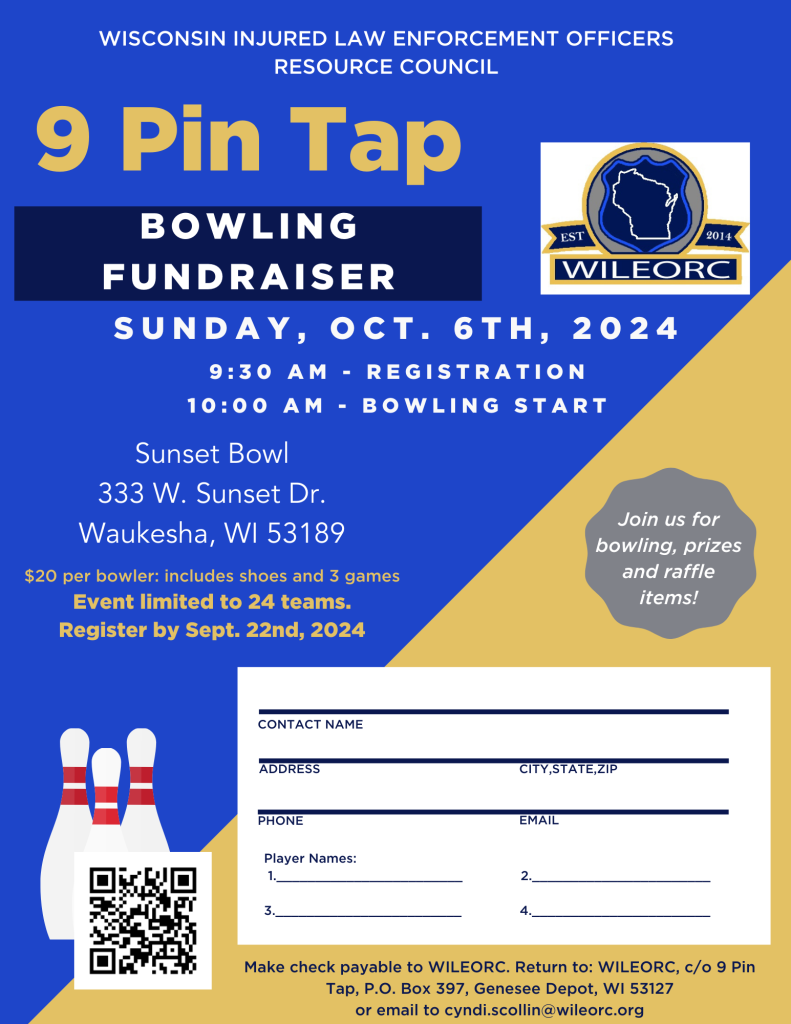Officer Suicides, by John Fredericks
Around the country, there has been another rash of police suicides, this week claiming two
officers in Ohio. Of course, there has been many more, but we, as a society, don’t want to hear
about suicide. Law enforcement executives don’t like to acknowledge it, because morale is just
fine. Cops don’t want to talk about it, because that’s touchy-feely crap we’d rather just shake
our head at, say, “that sucks,” and carry on. We love to carry on.
The truth of the matter is that we rarely carry on the way we started out day. We see, hear,
smell, and experience things that aren’t normal. We go through it daily. When our shift is over,
we go home to our spouse, our kids, our significant other, go back to being the “regular guy,”
the average citizen, a normal person. Our brains are expected to go from cop to average Joe
when we punch the clock. It isn’t realistic.
No one can experience the death, the sorrow, the destruction and violence cops do on a daily
basis and flick a switch back to being the average human. There’s too great a weight.
It seems that this is a new phenomenon to a younger generation of cop. It isn’t. Police suicide
is a story as old as the badge itself. These days, however, we have a never ending news cycle,
and social media connects us all. Information is disseminated at incredible speeds to vast
audiences. The story of a cop who commits suicide used to be hidden on page three of the
local newspaper; now, his friends and family can use it for calling attention to this crisis on
Facebook. If there is a higher percentage of police suicides in the past, we can look at a society
vastly changed from our grandparents day, and rarely for the better.
Post Traumatic Stress Disorder. Cops hate that phrase. Something’s wrong, but it can’t be
seen, it can only be experienced in intangible ways. The views on PTSD fill the spectrum
between “that’s an excuse” to “shake it off” to “that’s something only soldiers in combat
experience.” Those stigmas make it that much more deadly, because it encourages the sufferer
to not say anything out of fear of being ostracized, on top of everything else.
Though PTSD is often thought of as the result of a specific event, this isn’t always the case.
There is “cumulative PTSD.” This is the result of years of negative experiences common with
police work. Everyone knows that you weren’t the same person on your 10th anniversary as
you were the day you graduated the academy. That’s an effect of cumulative PTSD. When that
is met by the unpredictable “big event,” the shooting, the crash, the injury, it can cause
significant damage to an officer. That “big event” doesn’t always happen on the job. The
percentage of cops who get divorced soars above the national average. The feelings of loss,
helplessness, associated with divorce or the loss of a loved one can bring that cumulative PTSD
to the front.
Many officers would rather not admit they have any problem. When it comes to psychological
issues, we definitely don’t want to speak of it, because we’re then “admitting weakness.” Many
try to self medicate. This is the fast lane on the road to ruin.
An officer is more likely to die at his own hand than be killed accidentally or feloniously on the
job. Twice as likely. Considering the number of duty deaths, which is now finally receiving
some of the recognition they deserve in the media, that is a scary fact. Since there is no
national database, that’s still underreported. When you add in officers who have left The Job
due to injury, PTSD, or even those who’ve retired, the number of police suicide rate enters the
“your guess is as good as mine” zone.
It’s up to us to look out for each other. Your partner is not likely to tell you, one night, that she is
feeling suicidal. There is no question that if an officer needs help in the field, you wouldn’t get
there fast to help. Because in that real, tangible situation, you know that we’re all we got. You
would do anything for your blue family. Talk to them! Get personal. If something isn’t right, you
know it. Get involved. Let her know you’re there for her. Ask him for details. Let him know
he’s not alone in this fight! Come up with a battle plan. Do not blow it off.
If you’re an officer in crisis, let me tell you that you are not alone. I know that that sounds cliché.
Believe me, I’ve been in those shoes, feeling helpless, like no one could possibly understand,
angry and alone. You haven’t gotten this far in life by giving up without a fight, don’t start now!
There are numerous resources available to people in crisis. The hardest part for us, as cops, is
to raise our hand and say, “I need help.” But, it could be the bravest and most rewarding thing
you do for yourself. Make an appointment with a therapist. Go lay it out. Take the therapist’s
advice, and any medication you may get prescribed! Talk with your clergy, your significant
other, your buddy, your partner, do absolutely everything before surrendering.
Just like you would on the street. Because we need you. Your family needs you. Your friends need you.
Your partners need you. You’re worth fighting for.
If you are in crisis, there is a national police suicide hotline available for you, run by active and
retired officers. Call Copline at 1-800-267-5463.
For further information on statistics and warning signs, see the article written by Mark Bond
(“http://inpublicsafety.com/2014/03/silent-suffering-warning-signs-and-steps-to-prevent-police-suicide/).


